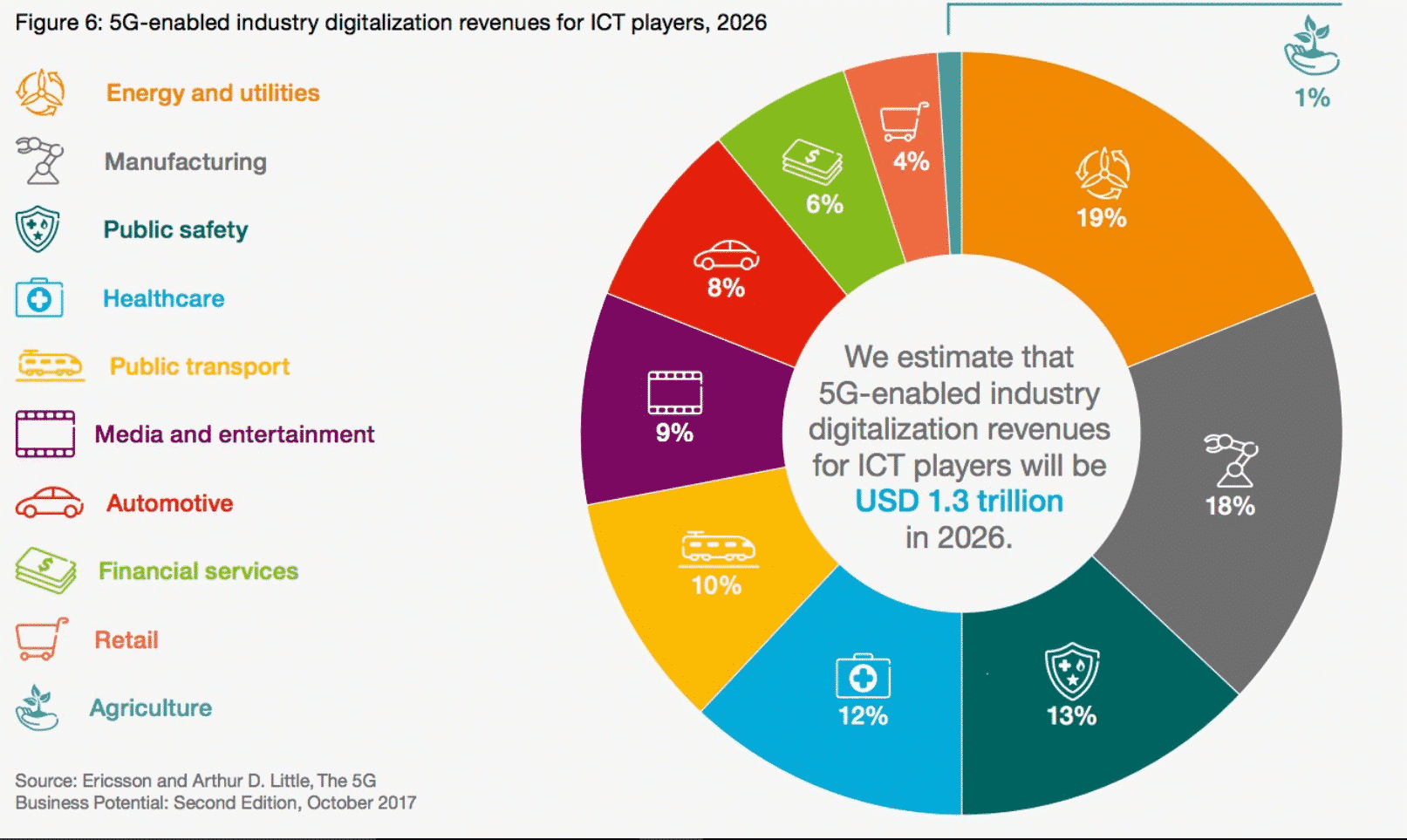Optus, Telstra, and TPG Telecom insist government programs should include major telcos.
Optus, Telstra, and TPG want to be part of the government’s Australian 5G Innovation Initiative, and they are pushing for partnerships to be a requirement for accessing the $22.1 million government fund at stake.
The Australian 5G Innovation Initiative will focus on testing 5G use cases, looking for where technology can be useful to drive growth in a range of key sectors and industries.
The government has yet to set out guidelines for accessing the loans, but so far, it seems the Mobile Network Operators (MNOs – major networks) haven’t received an exclusive invite. Optus in particular, suggests this to be a mistake, considering MNOs already have the 5G infrastructure needed to test the 5G use cases.
Australian 5G Innovation Initiative
As part of the $74bn JobMaker plan announced last year, the government pledged two rounds of funding for the Australian 5G Innovative Initiative over three years. Currently, a $22.1mn fund is at stake, open to any companies looking to test 5G use cases, in an effort to boost private sector investment in the space.
Businesses of all sizes will receive assistance in testing and developing 5G applications, as well as services and products. The initiative will trial a range of 5G uses, but a key focus will be on Internet of Things (IoT) applications in different industries, with the goal of building Australia’s 5G ecosystem.
You can expect key sectors like mining, manufacturing, agriculture, construction, logistics, medical, and tech to receive the most interest. In such sectors, IoT and 5G can improve areas like logistics, management, maintenance, inventory, and more. Here’s a look at some examples of how IoT and 5G can benefit such industries:
- Farming
Sensors to check soil moisture and water levels and provide data to improve farm management. - Manufacturing
Sensors that monitor equipment to predict wear and provide maintenance schedules. - Transport
Sensors and smart tags that track products like food (and monitor their freshness). Digital labelling can also improve logistics by determining goods destinations more easily.
There are many more IoT applications in key industries and sectors that can benefit from the high speeds and low latency of 5G.
5G use cases across various sectors. src
And other technological advancements like Artificial Intelligence (AI) and Machine Learning can benefit as well, as 5G improves their use cases in sectors like the medical industry, where the use of robotics will eventually become more popular.
Major telcos’ work together in rare “co-opetition”
Because the government has left access to funds open, telcos believe there is no experience requirement. Optus believes that because the major telcos have 5G infrastructure and spectrum, and are in the telecommunications business, they are best equipped and experienced to handle such 5G tests and trials.
Optus submitted the position that, if access to funds is open to anyone, then the funds might go to waste on “niche projects that have no pathway to scalability, or granted to applicants that are not in the business of networks and are not equipped to consider 5G as a holistic technology solution”.
Optus suggests that partnerships with MNOs are the best approach, considering their experience in the space. Telstra agreed, stating that partnerships with MNOs is how the full potential of 5G can be shown. The government has also acknowledged that TPG Telecom (Vodafone) and Optus have noted that partnerships with MNO are important to delivering high quality 5G projects on time.
In this rare display of agreement amongst the major telcos, competition seems to be put aside in place for co-petition – the concept of companies in the same space cooperating instead of competing.
The government is yet to provide the requirements for accessing the funds for the program, and the telcos’ positions will be taken into consideration before such a decision.
Final words – Is $22.1mn too small?
It’s difficult to imagine telcos posturing for a $22.1mn fund. This is even more surprising when considering the topic at hand – 5G is a billion dollar technology.
The amount of funding for each company will range between $500,000 and $1mn, straying from requests by various parties that the funds be between $200,000 and $2mn. Such an amount is clearly tailored towards smaller companies, hence the government’s proposal that it is open to any company.
